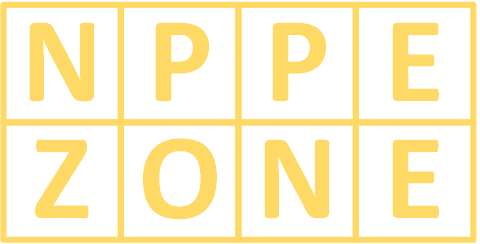Over the past three decades, the Internet has suddenly appeared and grown significantly, surprising the law. Online issues were not yet covered by any laws. The law has since modified ideas from other branches of the law to apply to Internet use in order to address this difficulty. The fact that the Internet crosses both national and international borders present one of the main obstacles to enacting these regulations. As a result, it is challenging to decide whether laws and courts have jurisdiction over certain circumstances. Undoubtedly, some nations, like China, have tried to censor the Internet.
However, a large portion of individuals thinks it’s impossible to govern the internet.
Measures
The unexpected emergence and subsequent expansion of the Internet have resulted in the application of current legal norms concerning contracts, copyright, trademarks, privacy, and securities regulation. These ideas have also been modified to address problems unique to the Internet, including websites. To use the Internet in their daily operations, Internet users have had to dramatically modify traditional communications tactics. These new tactics should ideally include regulations for email and other electronic communication methods.
Nevertheless, new legal and commercial concerns come along with the Internet’s new opportunities. To address challenges including internet commerce, electronic evidence, consumer protection, and trademark infringement, federal and provincial legislation has been developed. Proper contracts and insurance, like in other legal fields, can aid in lowering risks.
Conflict of Laws
Conflict of laws is the term used to describe the issue of which laws apply and which courts have jurisdiction. Which laws would be applicable to a software contract, for instance, if one party signed it in British Columbia and the other in Washington State, and the work was to be completed in India for use in Sweden? Contracts must therefore explicitly state which jurisdiction’s laws will be followed and which jurisdiction’s courts will be used to settle any disputes. Sadly, this might not be enough to answer all possible queries because local regulations pertaining to employment, taxes, safety, privacy, and other issues might also apply to the work being done.
Copyright
The ease with which high-quality reproductions can be created and circulated on the Internet presents serious problems for copyright. Internet service providers (ISPs) are now legally responsible for copyright violations in the United States; however, this responsibility often only arises when an ISP actively engages in or contributes to the violations. ISPs are shielded from liability for actions that are not within their knowledge or control in the United States by the Digital Millennium Copyright Act (DMCA), but analogous law is not yet in place in Canada. The legal system is the sole effective remedy for Internet copyright infringement. Therefore, in order to demonstrate its publication, the copyright holder must register the copyright. The owner of the copyright is also responsible for making sure that licensing agreements are in place and that documents are properly marked with copyright. Other technology tools, such as electronic fingerprinting, can occasionally be useful in court.
Tort
Internet-related defamation and misrepresentation torts are both applicable. Slander and libel are examples of spoken communications that have the potential to harm another party’s reputation. It is generally agreed that a statement that is just unattractive, irritating, troublesome, or embarrassing, or that solely offends the plaintiff’s feelings, is not actionable since the definition of defamation varies from jurisdiction to jurisdiction. The communication must significantly harm the party. Libel or slander claims may be made in response to comments made in emails or on websites. Courts frequently treat communications made through websites as if they were made through radio or television. Comparable to how careless counsel given over email or published online might give rise to a claim for misrepresentation that is actionable. False remarks made on the Internet are subject to the same penalties as those made in other forms of communication.
Trademark
Similar to copyright, the use, and protection of trademarks on the Internet are fraught with difficulties and dangers. Together with other Internet activities, website domain names and content might violate trademarks. Trademark owners must actively defend them if they want to keep them. While using the Internet for research may be quite simple, monitoring it for trademark infringement can be expensive and time-consuming. The usage of domain names and their registration is governed by the same trademark regulations that apply to company names. The alphanumeric addresses of websites on the Internet are known as domain names. After paying a registration fee, domain names are typically distributed by authorized domain name registrars on a first-come, first-served basis. The opportunistic practice of anticipatorily registering domain names that contain well-known trademarks or trade names and then making them available for sale to the highest bidder has been at the center of the most well-known domain name disputes (usually the party to whom the incorporated trademark properly belongs). The sale of a trademark in a domain name to a separate entity is likely to confuse or mislead Internet users, hence courts have ruled that this activity, often known as cybersquatting, is an illegal trademark use. Additionally, courts have ruled that misrepresenting the approval, authority, or support of the trademark owner by engaging in cybersquatting.
